I’ve never known myself to be one that did not have a passion for helping others. If anyone close to me or around me needed anything, they’d more often than not, come to me and we’d get the situation handled regardless of what it would cost me. I am definitely one of those people who put others before myself and sometimes I feel like my life is the definition of that. Being this way has its positives and its negatives but I’ve never really known any other way, I’m almost desensitized to it. This trait of selflessness came back to bite me so viciously that it became one of the things I hated about myself for a period of time. People always told me that I was either too nice or let people walk over me but I was still young and didn’t realize the importance of boundaries. One thing I realized is that it wasn’t my acts of selflessness getting me into the situations that I was in, it was the lack of reciprocity that was causing the most hurt.
In social psychology, we learn that reciprocity is the social norm of responding to a positive action with another positive action and rewarding kind actions. This was not something I was receiving at all. I was continuing to do things for people who wouldn’t do the same for me. I allowed myself to get consumed in the problems of other people while putting my problems on the back burner. I was playing a dangerous game. When you’re constantly pouring out on or for other people but not getting refilled, soon enough you’ll be empty and have nothing left to give. This caused anger, hurt, feelings of emptiness, and I could go on. It was in this time where I realized the importance of leaning on God to refill everything that I was pouring out. In Psalms 118:8 it says, “It is better to take refuge in the Lord than to trust in people.” Part of my problem is, I was putting my trust in people to replenish me when I should’ve been relying on God to. I was expecting people to be there for me in the same ways I had been there for them, expecting that they’d be as selfless as I was. I had to realize that my selflessness was a gift from God and I shouldn’t expect people to reward me for utilizing something they didn’t give to me.
Through His Word & prayer, God provides limitless space for us to be refreshed and rejuvenated – to go out and do for people what they can’t do for themselves. Not only should you spend time with God but you also should set boundaries with people and spend time with yourself. There’s a difference between helping people out and allowing them to take advantage of you. Time with God and time with yourself – where no one is asking anything of you and expecting anything from you – is a break from people I feel is necessary. Along with that, your boundaries should include the breaks that you feel you need. It’s important to set boundaries at the beginning of relationships to avoid getting drained and overexerting yourself.
If God created you to help, do just that. Do not allow the actions of others to hinder what God started in you. Imagine being disobedient and not walking in your calling because someone didn’t respond to you the way you wish they did. Revelation 14:12 says “This calls for patient endurance on the part of the people of God who keep his commands and remain faithful to Jesus.” God knew when He gave you your gift and you used it, it would bring pain and exhaustion. But he calls you to practice patience and be obedient regardless. And God also knows that He gives gifts to people for the benefit of the Kingdom, not for personal gain or satisfaction. So when you get discouraged about your gift understand that your gift isn’t for you, it and you are a gift for the world.







